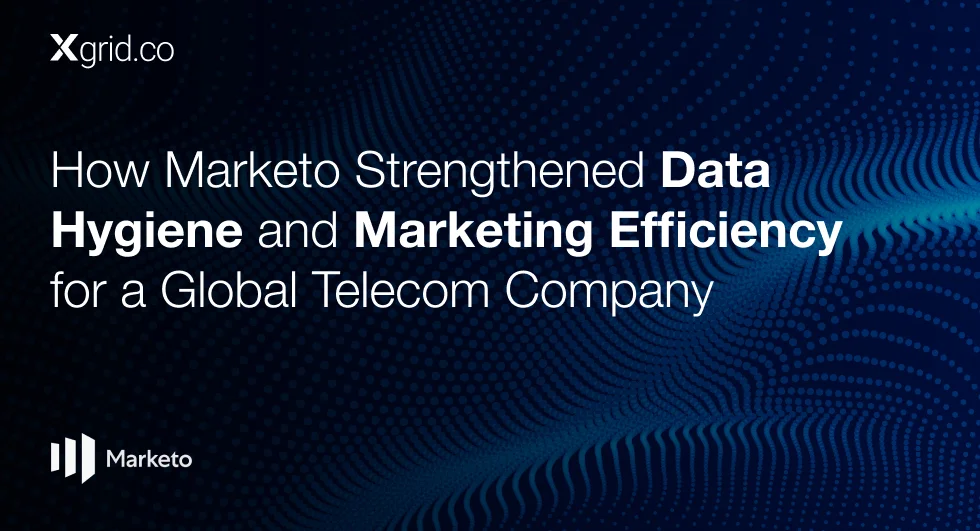How Marketo Streamlined Marketing Efficiency and Scalability with Templates and Tokens
The company, a global leader in cloud-based software, faced challenges in maintaining marketing efficiency while scaling up campaign outputs across multiple regions. The repetitive nature of campaign setup and updates was consuming valuable time and resources, detracting from strategic and creative marketing endeavors.
Challenges
- Repetitive Campaign Setup: Creating and updating campaigns for different products and regions was time-consuming, often involving redundant tasks.
- Resource Strain: The marketing team was overextended, handling both repetitive tasks and strategic initiatives, which led to decreased productivity and increased burnout.
- Scalability Issues: As the company grew, the need for a more scalable solution to handle an increasing volume of campaigns became evident.
Strategies Employed
- Implementation of Marketo Templates: The company adopted Marketo’s program templates, which allowed them to standardize campaign structures across various functions and regions.
- Use of Tokens: Tokens were used extensively to automate the customization of content, such as dates, product details, and regional variations, without manual intervention for each campaign.
- Training and Best Practices: The marketing team was trained on best practices for using templates and tokens, ensuring all team members could maximize the benefits of these features.
Implementation Highlights
- Template Customization: Templates were designed to be flexible yet standardized, accommodating common campaign elements that could be easily modified through tokens.
- Token Utilization: Tokens were used to dynamically update campaign elements, significantly reducing the time required for campaign adjustments and updates.
- Process Optimization: The introduction of templates and tokens streamlined the campaign creation and update processes, allowing the marketing team to launch campaigns more quickly and with fewer errors.
Outcomes
- Increased Production Efficiency: Campaign setup time was reduced by 40%, allowing marketers to focus more on strategy and creative development.
- Enhanced Scalability: The use of templates and tokens made it easier to scale marketing efforts as the company grew, without a proportional increase in resource demands.
- Improved Job Satisfaction: Reducing the time spent on repetitive tasks led to higher job satisfaction among team members, who could now devote more energy to impactful marketing initiatives.
Conclusion
This case study demonstrates the effectiveness of Marketo’s production features in enhancing marketing efficiency. By leveraging templates and tokens, the technology company not only streamlined its marketing processes but also achieved greater scalability and employee satisfaction. These improvements underline the importance of automation tools in managing complex marketing operations, especially in rapidly growing companies.





